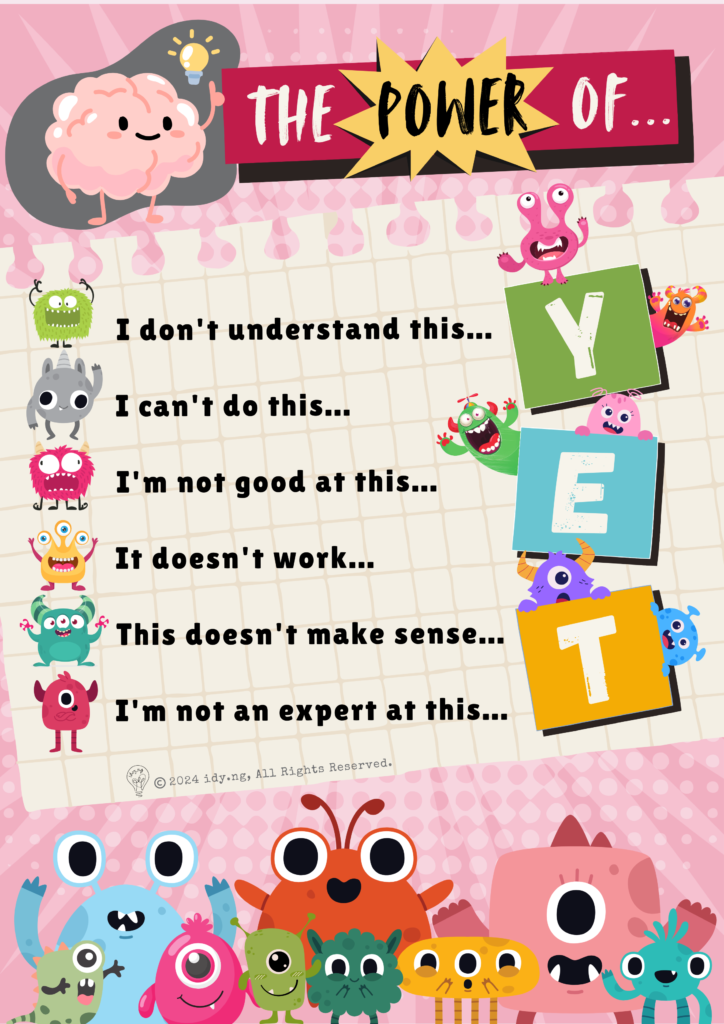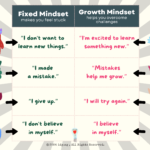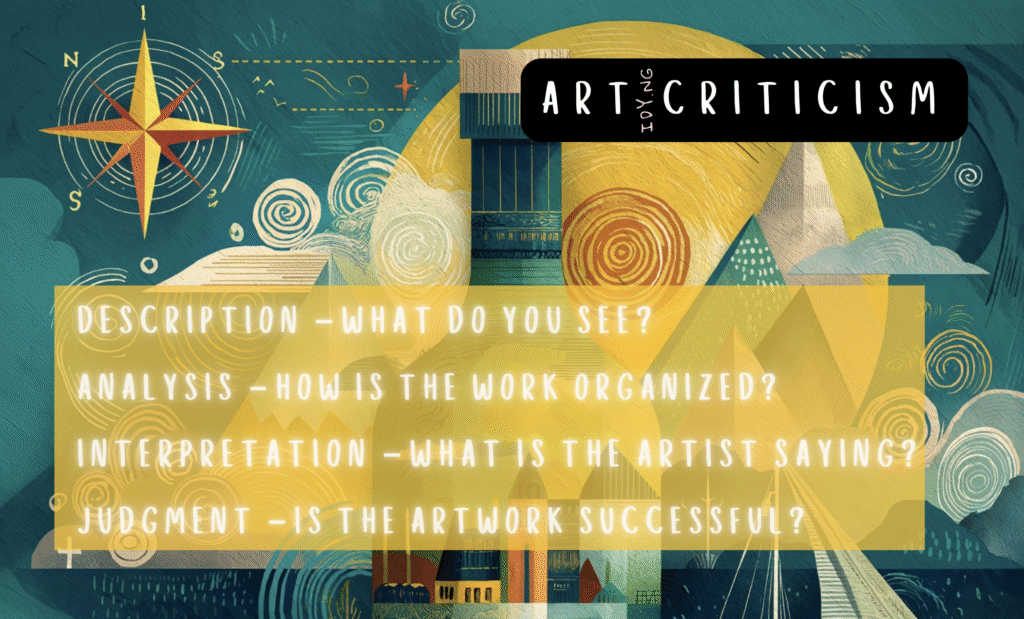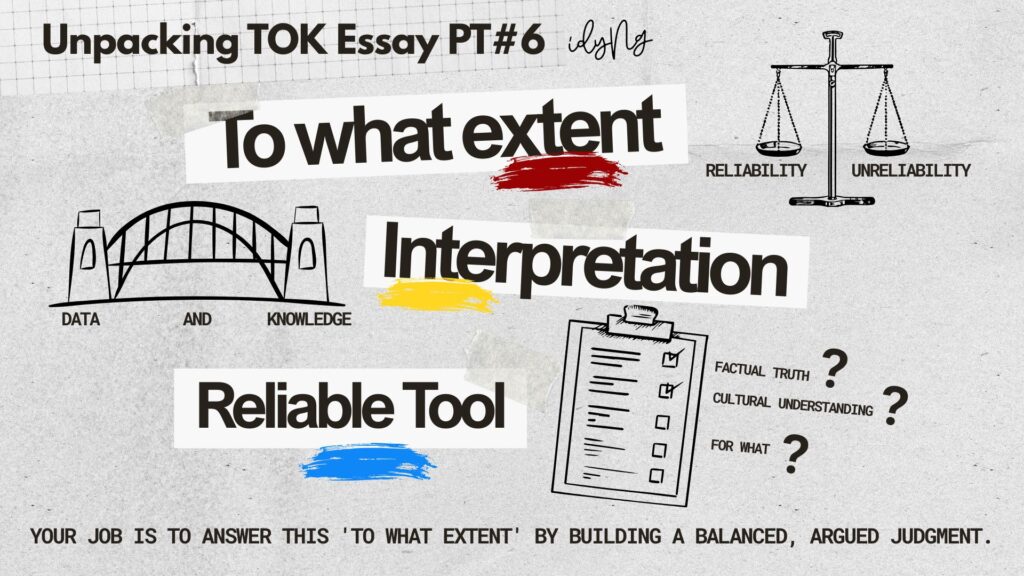In a world that constantly demands adaptability and resilience, fostering a growth mindset in our children is more important than ever. As both an educator and a mother of two boys, I have witnessed firsthand how this mindset can transform the way children approach challenges, setbacks, and learning opportunities. A growth mindset—the belief that abilities can be developed through dedication and hard work—empowers children to embrace difficulties as stepping stones toward success.
One of the most effective strategies for nurturing a growth mindset is cultivating a “yet” mentality. This approach encourages children to recognize that while they may not have mastered a skill or concept at the moment, they are on a journey of learning and improvement. For example, when my son struggles with a math problem, instead of saying, “I can’t do this,” we reframe his thoughts to “I can’t do this yet.” This simple addition of the word “yet” opens the door to possibility and reinforces the idea that growth is a process.

The Power of “Yet” in All Ages
The concept of “yet” is not only significant for children but also applicable across all age groups. For children, the word introduces hope and patience. It teaches them that their abilities are not fixed, and with perseverance, they can eventually succeed at tasks that seem difficult now. This shift can reduce frustration and build resilience, helping them approach learning with curiosity and optimism.
For teenagers, who often feel pressure to excel or fear failure, the word “yet” serves as a reminder that growth takes time and that setbacks are part of the process. It helps them focus on progress rather than perfection, encouraging them to keep trying, even when success feels out of reach.
For adults, “yet” can reframe deeply ingrained fixed mindset beliefs, such as feeling “too old” to learn something new or doubting their ability to adapt to change. It reminds them that growth is a lifelong journey—not limited by age—and that persistence can lead to new achievements, skills, and personal fulfillment.
Why “Yet” Matters
The use of “yet” fosters patience, optimism, and persistence—all essential for maintaining a growth mindset and positive well-being. It helps individuals shift their focus from what they cannot do now to what they can achieve in the future. This subtle yet powerful reframing reduces feelings of inadequacy, builds confidence, and encourages a proactive approach to learning and problem-solving.
Practical Applications
To effectively cultivate a “yet” mentality, consider the following strategies:
- Model the “Yet” Mentality: Use the word “yet” in your own language when discussing challenges or goals. For instance, say, “I haven’t figured this out yet, but I will keep trying.” By modeling this mindset, you demonstrate to others how to embrace it.
- Encourage Reflection: When someone struggles, ask, “What steps do you think you can take to get closer to where you want to be?” This ties the “yet” mentality to actionable goals and emphasizes effort over immediate results.
- Celebrate Progress: Reinforce the concept of “yet” by recognizing small improvements along the way. For example, if a student struggles with math, acknowledge their growing understanding: “You’re not solving all the problems yet, but look at how much progress you’ve made!”
Long-Term Benefits
Adopting a “yet” mentality nurtures perseverance, adaptability, and a love for learning—qualities that benefit both academic and personal growth. By embracing this mindset, individuals of all ages learn to approach challenges with confidence and optimism, supporting their emotional well-being and resilience.
In conclusion, fostering a growth mindset through the cultivation of a “yet” mentality equips children, teenagers, and adults alike with the tools to navigate life’s challenges. By reinforcing the idea that abilities can evolve and that setbacks are part of the learning journey, we create a foundation for lifelong learning and self-improvement.






